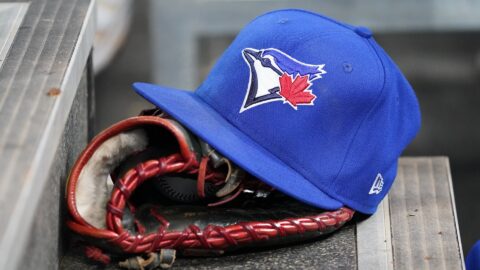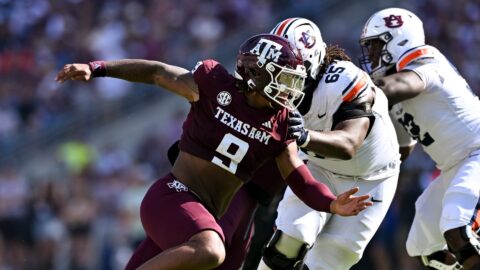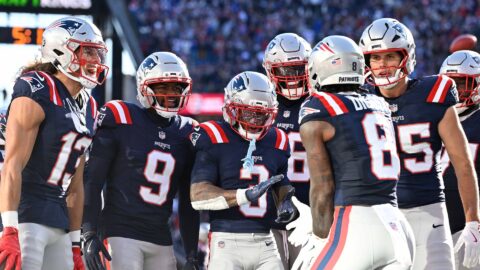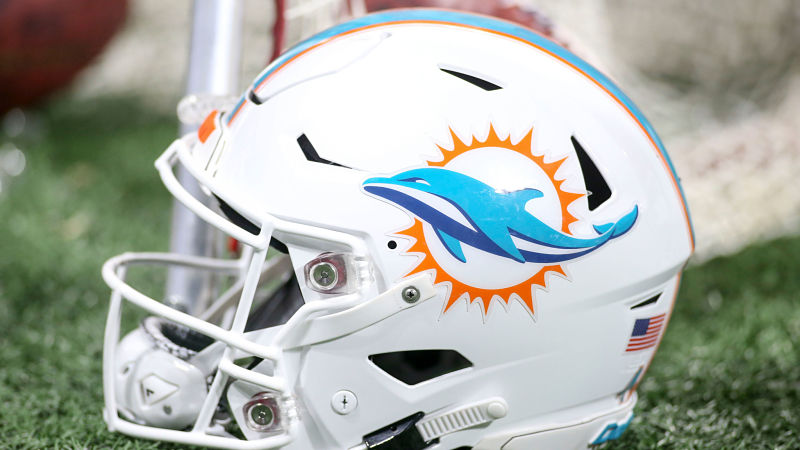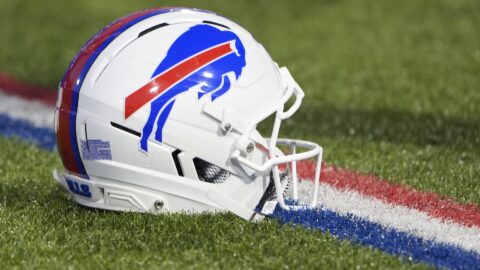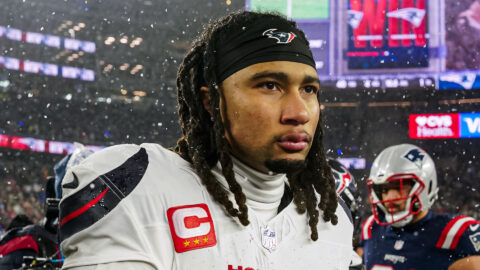A couple of months ago, Patriots captain Matthew Slater strongly opposed the NFL's controversial new kickoff rule.
Cam Achord, New England's special teams coordinator, is right there with him.
For the uninitiated, the rule allows teams fair-catching kickoffs inside the 25-yard line to begin drives at the 25-yard line. So, those kickoffs where the Patriots -- when they were good at special teams -- would loft the ball to the 5-yard line, where the returner basically had nowhere to go? Those plays are gone. The returner now can just fair-catch the ball and have it advanced to the 25-yard line.
The rule, which the Patriots reportedly voted against, supposedly was done in the name of player safety -- according to the NFL. But Achord isn't buying it.
Story continues below advertisement
"Since you asked the question, I think it's a terrible rule -- let's just start with that," he said Friday when asked whether the Patriots have changed any coaching methods in light of the rule change. "I think it's not in favor of the game of football, personally. It's taken out situational football. Now, we're gonna play to the rules and we're gonna do what's best for the team; I wanna say that. We're not just gonna go out there and, say, put the team in a bad situation. That would just be bad coaching. So, we're gonna play to the rules."
"It's not in favor of the game of football"
What do you think? Leave a comment.Patriots coach Cam Achord on the NFL's new kickoff rule
Achord spoke on the issue for roughly four minutes. He talked about new strategies, potential oversights by the NFL, how the rule already has impacted the college game and the simple fact that contact still will happen on kickoffs.
Story continues below advertisement
Here's a sample:
"If it helps us to fair catch ... we may fair catch it. If it doesn't, it doesn't. When you watch the 562 kickoffs last season that were returned from the goal line, or from the 5 (yard line), or caught in that area that they're talking about; they're wanting everybody to fair catch that now. It's like, well, there's more balls getting past the 20 and the 25 than you think. And there's also about 40 balls that hit the ground (on a muff) that you're offense is gonna be starting inside the 5-yard line.
"And they're talking about this muff rule -- and, 'Where's the ball gonna be', 'This is for safety or', whatever it may be. Well, these guys still gotta go cover. They're still getting blocked at the 45, the 40, the 30-yard line. So, there's contact usually right when the ball's being caught. Well, if the ball's on the ground, you still gotta go cover though. So, I know it's for player safety they say, and all that. We still gotta cover -- and they still gotta block. Same thing for us."
Story continues below advertisement
Achord also touched on how certain games would've been affected had the rule existed in previous years. One example: New England's famous Super Bowl LI win over the Atlanta Falcons.
"This rule is gonna have a bigger outcome on games than they think," Achord said. "You go back to us against Atlanta in the Super Bowl -- we tackled them twice inside the 15. You know, (now) they're able to fair catch those balls, potentially, with their hands team. And now, maybe we don't get the ball back with such good field position to go down and score, make the game go to overtime."
The good news for Achord and other special teams purists is that the NFL will reassess the rule next offseason. So there's a chance, albeit probably slim, the league reverses course in a year.
Story continues below advertisement
But in the meantime, a key football play will look very different, and arguably for no good reason.
Featured image via Mark J. Rebilas/USA TODAY Sports Images
